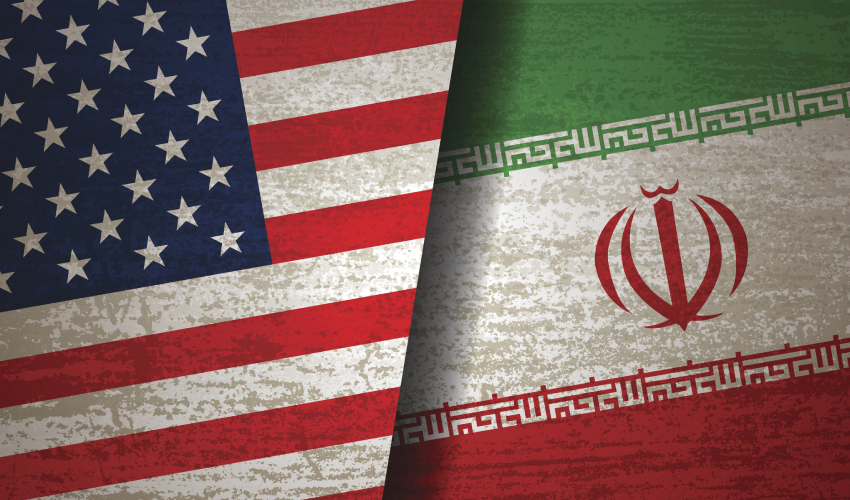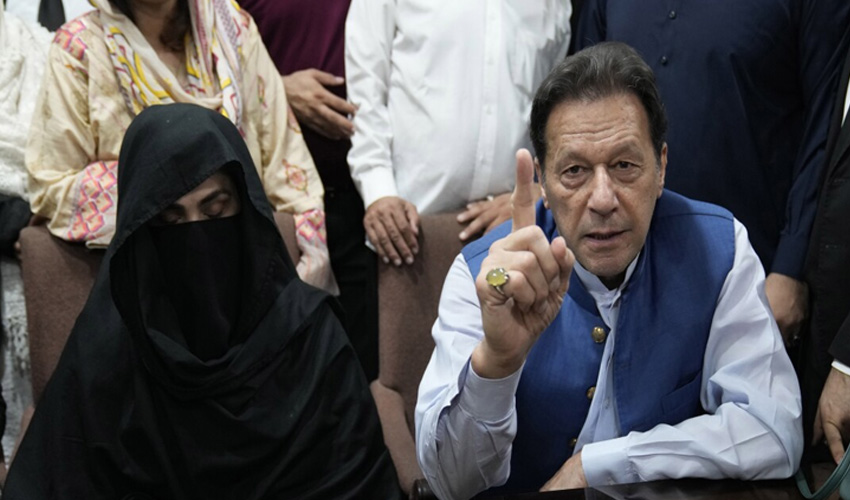The governor of the Central Bank of Iran, Mohammad Reza Farzin, confirmed on Monday that the country had received just over 5.57 billion euros ($5.94 billion) in two banks in Qatar as part of funds unfrozen by the United States.
The prisoner swap is part of a broader deal that also includes the release of Iranian assets that had been frozen in South Korea. The deal was reached in early August after months of negotiations.
The US has identified three of the five Americans who will be released in a prisoner swap with Iran. They are:
- Siamak Namazi, a businessman who was detained in 2015 and sentenced to 10 years in prison on spying charges
- Emad Sharghi, a venture capitalist sentenced to 10 years
- Morad Tahbaz, a British-American conservationist of Iranian descent who was arrested in 2018 and also received a 10-year sentence.
The US has declined to identify the fourth and fifth prisoner.
Farzin said in a press conference that a total of 5,573 million euros were deposited in six Iranian accounts in two Qatari banks.
The US has said that Iran will not have “direct” access to the money which could only be used “strictly for humanitarian purposes”.
The spokesperson for Iran’s foreign ministry, Nasser Kanaani, confirmed that both countries would complete the prisoner swap on Monday.
“The prisoner exchange will take place on the same day and five Iranian citizens imprisoned in America will be released,” he said.
The diplomat added that two of the Iranian citizens will return to Iran, another two will remain in the US and the fifth will travel to a third country.
According to local media, the US prisoners to be released are Siamak Namazi, Emad Shargi, Morad Tahbaz and two other unidentified people.
They will be transported to Qatar in the early afternoon.
Hours before the announcement of the prisoners swap, the Iranian President Ebrahim Raisi set off for New York to address the UN Assembly where he is expected to give a press conference, according to Iranian media.
Iran has been accused of using dual national and foreign prisoners as a pressure tactic for prisoner exchanges with other states, a practice described as “hostage diplomacy” by other countries and human rights organizations.



























